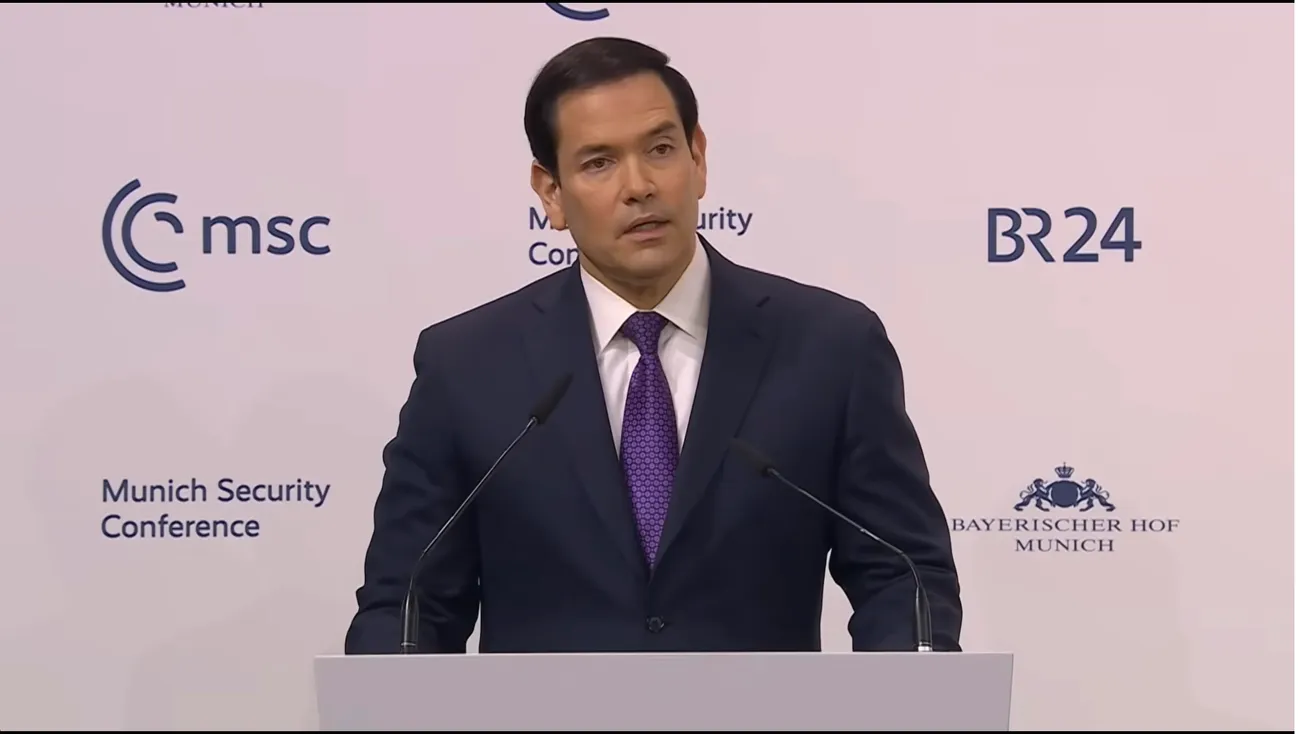Germany’s Federal Car Transport Office (KBA) reports that in August, 69% fewer e-cars were registered than in August a year ago. Diesel-driven cars registered with 24.4%, gasoline cars with 7.4% less. In terms of total figures, 590,000 fewer new cars were sold during the January-August period this year, than during the same period in 2019—the last year before the pandemic when the car market broke down.
In total, 197,322 new passenger cars were registered in August 2024, −27.8% fewer than in the same month last year. 65.1% (−32.1%) of new cars were registered commercially and 34.8% (−18.1%) privately.
The German brands all recorded declines in new registrations compared to the same month of the previous year, with Smart (−77.9%/0.3%), Mini (−44.6%/1.3%) and Audi (−36.6%/6.9%) all recording declines of more than 30%. Ford (−28.0%/4.3%), VW (−23.3%/17.9%), BMW (−23.0%/8.2%), Porsche (−18.0%/1.0%), Opel (−17.1%/6.2%) and Mercedes (−15.5%/9.9%) also recorded double-digit declines, while MAN (−7.1%/0.1%) remained in the single-digit range. VW alone sold over 500,000 fewer cars in August 2024 than in August 2023.
The e-car crisis is particularly dramatic as automobile producers in Germany have invested billions of euros into an electric future that has not arrived. All leading car producers and suppliers have announced production cuts and substantial layoff plans for the near future.


